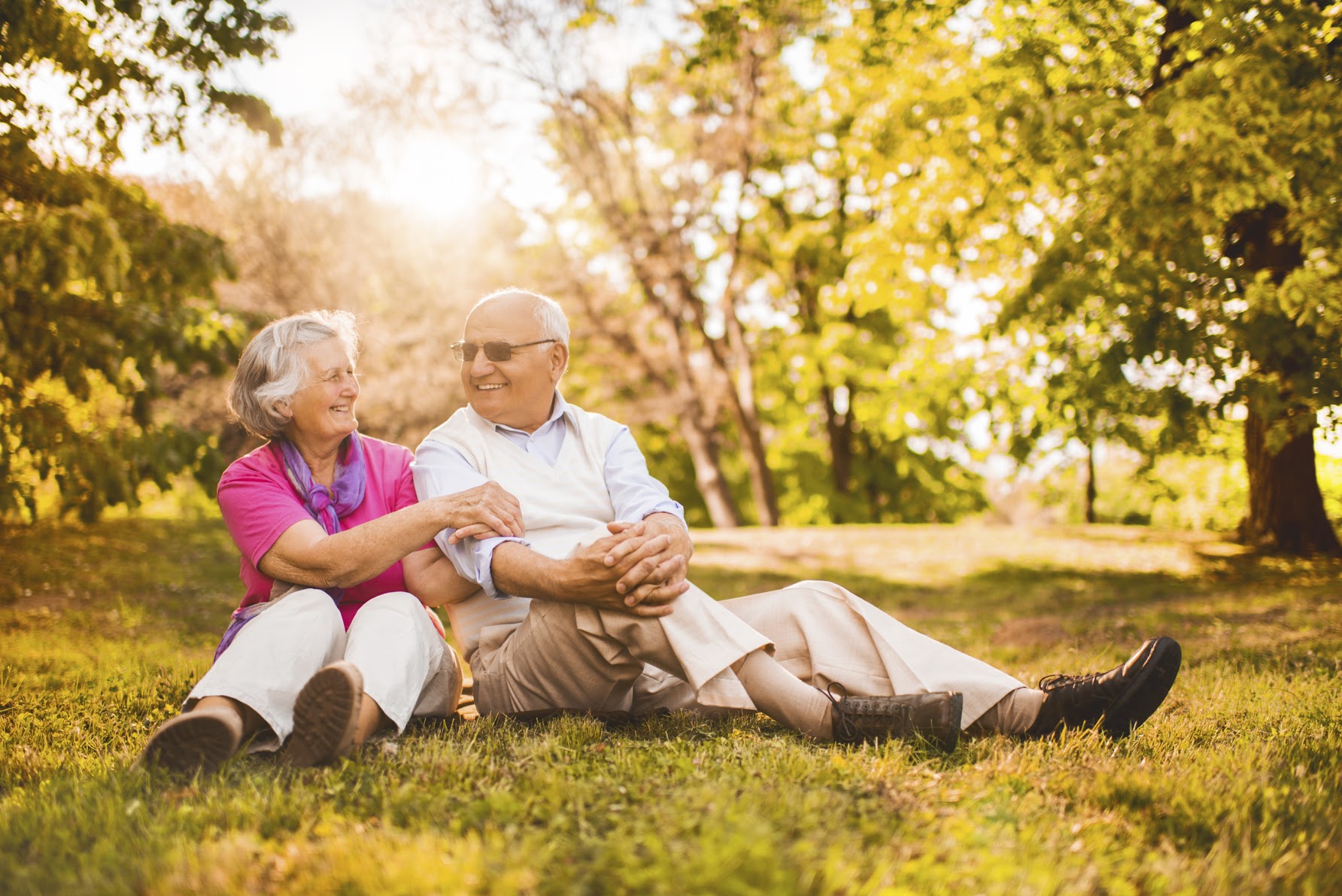Beat the Heat: Tips for Seniors to Stay Safe and Healthy This Summer
Written by Stannah
Per the Australian Bureau of Meteorology’s Special Climate Statement, March 2016 was the hottest March since an official record of temperatures began in Australia.
February saw the start of this sweltering heat and it is more than likely we can expect to continue this trend, due to global warming. Summertime is fun and relaxing, especially for those climates such as Tasmania and the southern tips of Australia that experience a true winter.
However, if the proper precautions are not taken, the heat and sun can be a dangerous combination for seniors. The DEA takes safety in heatwaves very seriously, and so featured some tips on how seniors can stay safe and healthy over summer.

Understand your Health
As we age, it becomes more important that our doctors are regularly updated on our health and lifestyle. A quick discussion could go a long way in preventing future issues.
The most important thing a senior can do during the summer is stay hydrated. The elderly are more susceptible to dehydration because the human body’s ability to conserve water lessens as we age. We also become less cognizant of our thirst, which coincides with a difficulty to properly adjust to temperature changes.
It is imperative that seniors drink water often and always have an adequate amount when making long trips. It is also a good habit to keep sweat replacement products such as Gatorade, Powerade®, or other isotonic additives available, as they replenish key nutrients such as salt and potassium. It is also best to avoid dehydrating drinks such as tea and coffee, alcohol, carbonated beverages, and those with sugar.
It is also best to eat cold foods and those that are full of water, like fruit and salad.
Since elderly individuals have a harder time knowing when they are dehydrated, they may also find difficulty in regulating their body temperature. This could lead to heat stroke which can be life-threatening in severe cases. It is important for the elderly and their caretakers to understand the symptoms and warning signs.
- Body temperature over 40ºC
- Sudden changes in behaviour (confusion, agitation, anger etc.)
- Dry, flushed skin
- Nausea and vomiting
- Headache
- Heavy breathing and/or rapid pulse
- Not sweating, even in extreme heat
- Fainting
If any of these symptoms occur, seek medical attention. It is also important to immediately get out of the heat, lie down, and place cold compresses and/or ice packs on your body.
If you take medication, make sure to verify with your doctor that it is not affected by high temperatures. This is especially important if your home is not air conditioned as the potency of some medications can be affected if stored at temperatures higher than approximately 25ºC.
Dress Appropriately
Wearing appropriate clothing in the summer can help seniors feel cooler and more comfortable. Natural fabrics, such as cotton, tend to be cooler than synthetic fibres. Light-coloured and loose-fitting clothes are also good additions to a summer wardrobe. If you have exposed skin, ensure that you apply SPF 50+ sun screen liberally and often.
Too much sun exposure can also lead to eye irritation and vision loss. Wearing UV protected sunglasses can protect your eyes from harmful UV rays and help preserve your vision. A brimmed hat will also prevent excessive exposure to your eyes while simultaneously protecting the heads of those with light or no hair.
Stay in the shade as much as possible – that Aussie sun really packs a bite.
For the elderly individuals who live in areas with a high concentration of mosquitos it is important to use mosquito repellent, particularly at dusk and night. The elderly are prone to Dengue fever, Ross River virus, Barmah Forest virus, and Australian encephalitis which all can be transmitted by the insects.
Communication is Critical
Communication plays an important role in the safety of the elderly. As high-temperatures can be life-threatening, seniors should let friends, family, carers and neighbours know if they will be spending an extended amount of time outdoors- even if performing such tasks as gardening or mowing the lawn. If you are a caretaker, it is important to check on the health and welfare of an elderly individual at least twice a day.
Caretakers or family members often can’t be present every moment of the day. That is why it’s important to build relationships with local individuals and neighbours who can also assist in this monitoring process. It’s not about whether checking up will be too much “bother” – the heat can escalate to a serious health concern extremely quickly.
It is imperative that all seniors have an emergency plan with information on what to do in an emergency and crucial phone numbers in an easy-to-access area.
Final Thoughts
Seniors are much more vulnerable to the harmful effects of heat, and should make a conscious effort to avoid exposure as much as possible. Movie theatres and libraries provide welcome, cool spaces where you can sit down and take a rest. Additionally, local agencies may have programs to assist seniors who have limited access to air conditioners.
However, summer is also a time to embrace the outdoors. Proper preparation accompanied by reacting appropriately to changes in the body will ensure that you, or your elderly loved ones, will have a safe and enjoyable summer.
If stairs are hindering your ability to get outside, make sure to contact Stannah for a quote on a stairlift. With a Stannah Stairlift you’ll be able to navigate the stairs of your home safely and they will no longer prevent you from enjoying your favourite summer activities.
